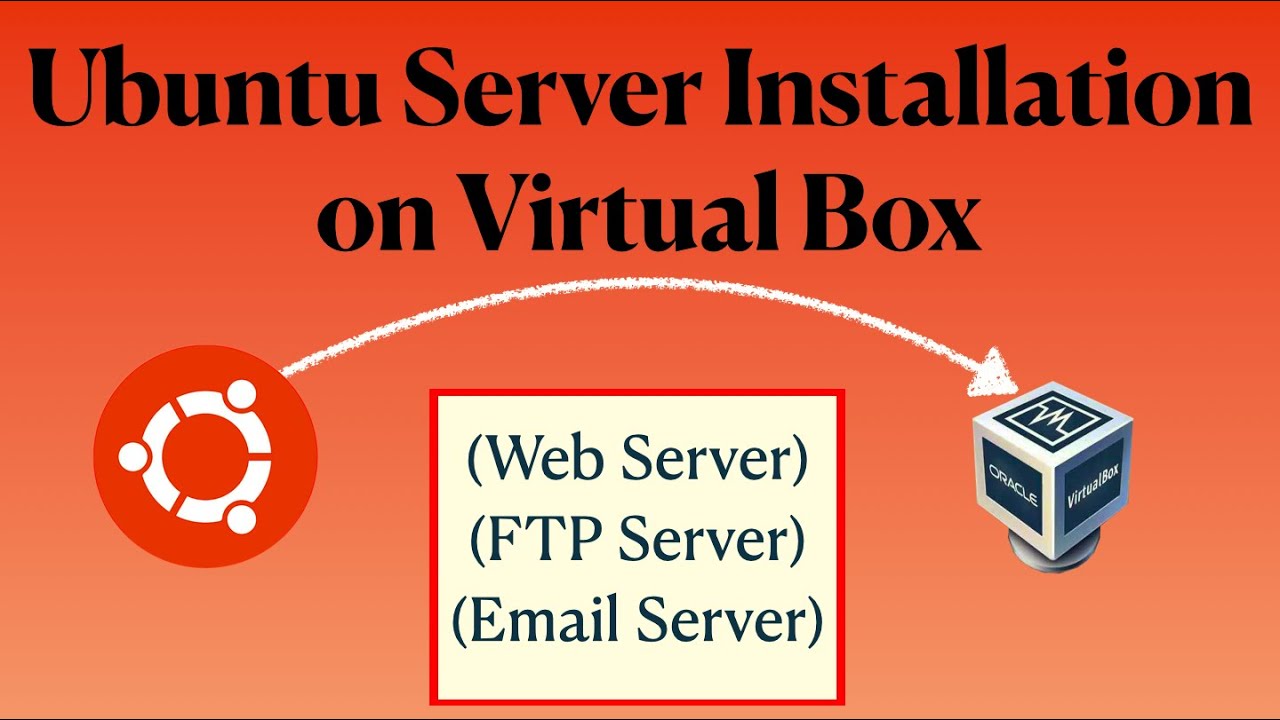

Virtualization, Linux can cohabitate with your normal computingĮnvironment. Otherwise, the easiest way to get a compatible toolchain is to installĪ modern Linux distribution on your computer. sudo nano /etc/php/8.1/fpm/pool.d/instructions are here which is linked (via 6.828 tools page) from your link though they are a bit terse: To make PHP-FPM use TCP connection, edit the below file.

PHP-FPM listens on the socket run/php/ by default. READ: How To Install LEMP Stack on Ubuntu 18.04 sudo apt install -y php8.1-fpm READ: How To Install LEMP Stack on Ubuntu 20.04 To have PHP support for Nginx, we can use the PHP FastCGI Process Manager to handle PHP requests. Nginx does not have a PHP modules package to support PHP for the LEMP stack. Sudo apt install -y apache2 libapache2-mod-php8.1 PHP Support for Ngnix

READ: How To Install LAMP Stack on Ubuntu 18.04 READ: How To Install LAMP Stack on Ubuntu 20.04 This package provides the PHP modules for Apache 2 web server. You can install the below package with Apache webserver to support PHP for the LAMP stack. So, we need to install the PHP module package to support PHP. With Zend OPcache v8.0.0, Copyright (c), by Zend Technologiesīoth Apache and Nginx do not support PHP language by default when the browser requests the PHP page. Zend Engine v4.0.0-dev, Copyright (c) Zend Technologies Once you install PHP packages, check the version with the below command. sudo apt install -y php8.1 php8.1-cli php8.1-common Verify PHP Version sudo apt update Install PHP 8.1 on Ubuntu 20.04 / Ubuntu 18.04 sudo apt install -y curl wget gnupg2 ca-certificates lsb-release apt-transport-httpsĪdd the repository to your system. Ondřej Surý, a third-party repository, offers PHP 8.1 for Ubuntu operating system. Here, we will see how to install PHP 8.1 on Ubuntu 20.04 / Ubuntu 18.04.

PHP is an open-source programming language widely used for web development to create dynamic websites such as E-commerce sites, Blogs, Internet Forums, etc.


 0 kommentar(er)
0 kommentar(er)
